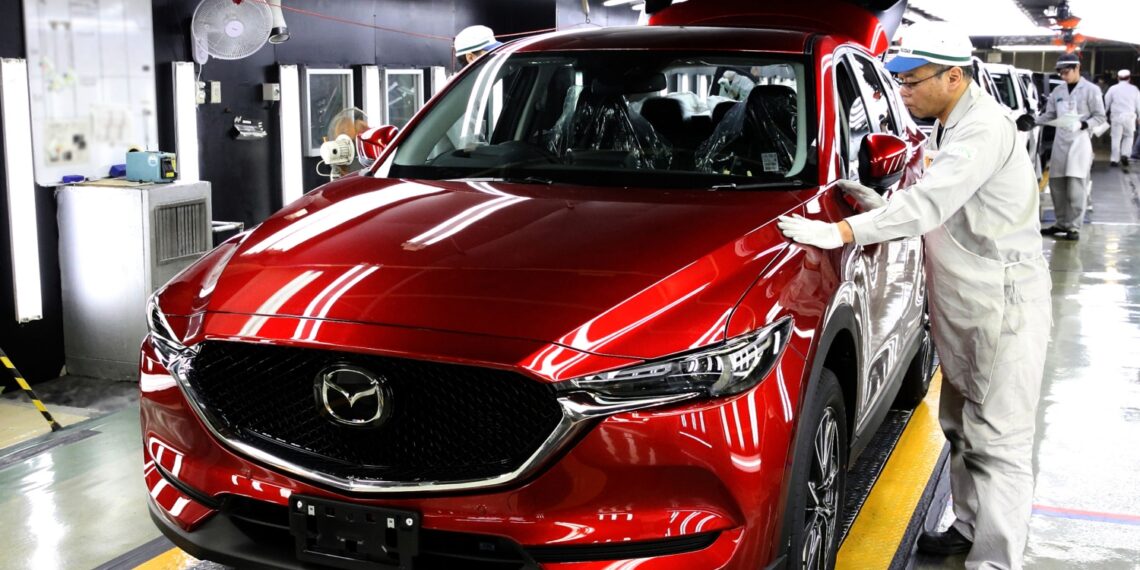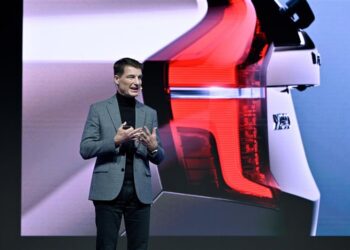The American president signed a decree on Thursday that reduces tariffs on Japanese cars to 15%, down from the previous 25%, and stipulates that tariffs on most Japanese products will not exceed this new rate.
These surcharges will come into effect seven days after the publication of the new decree in the U.S. Federal Register, which has not yet been finalized, and confirm the Japanese government’s interpretation of the agreement signed with the administration of Donald Trump.
According to the details of the decree, the agreement signed at the end of July between the United States and Japan thus establishes a tariff ceiling of 15% for most Japanese products exported to the United States.
Those already subject to a surcharge above this limit will have their rates unchanged, reported the France-Presse (AFP) agency.
Certain sectors, such as aerospace, raw materials unavailable in the United States, and generic drugs, are exempt from this 15% rate, the decree specifies.
By seeing the surcharge imposed on its cars set at 15%, compared to 25% for most vehicles currently entering the United States, Japan is receiving treatment similar to that granted to the European Union (EU).









